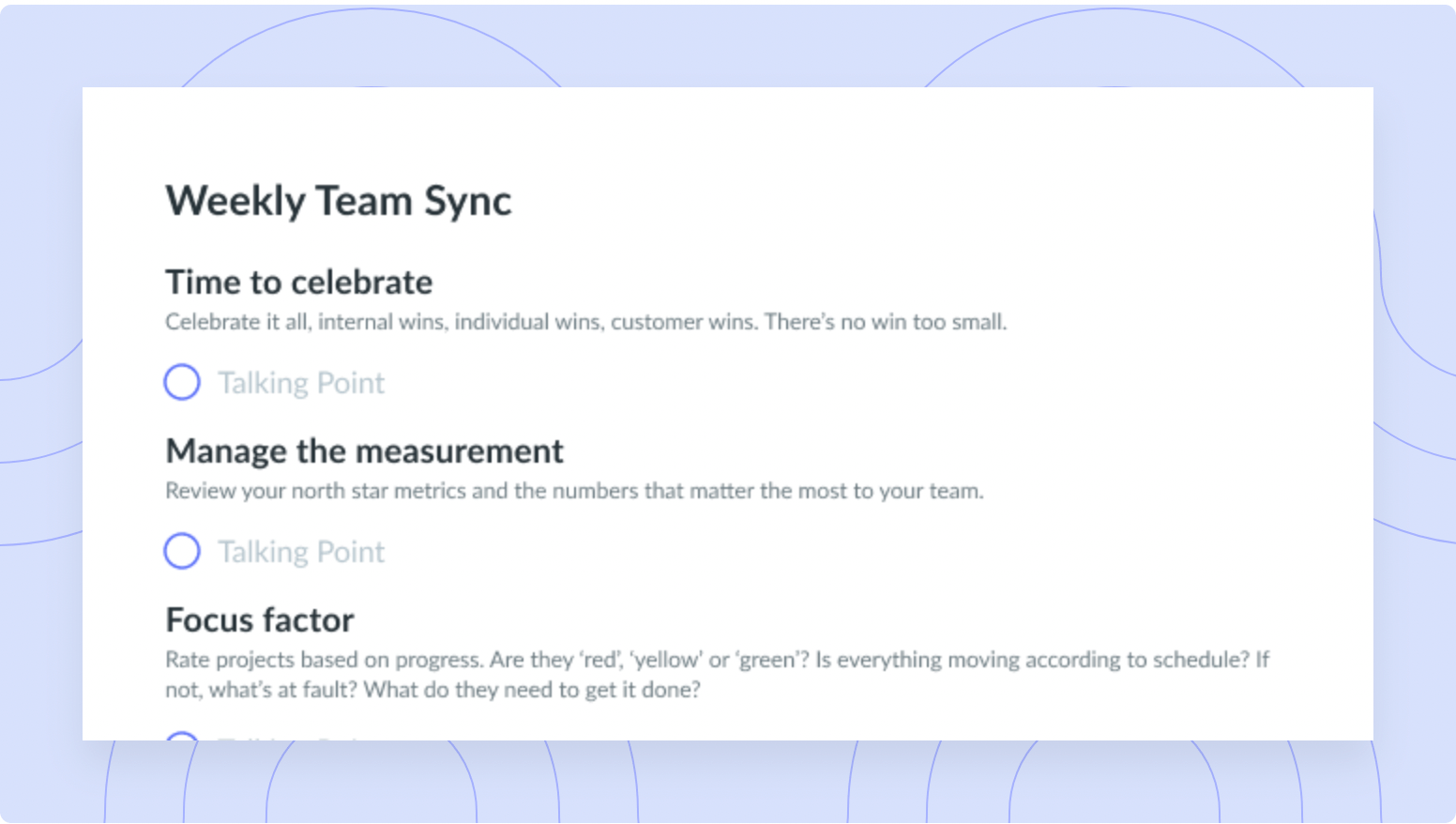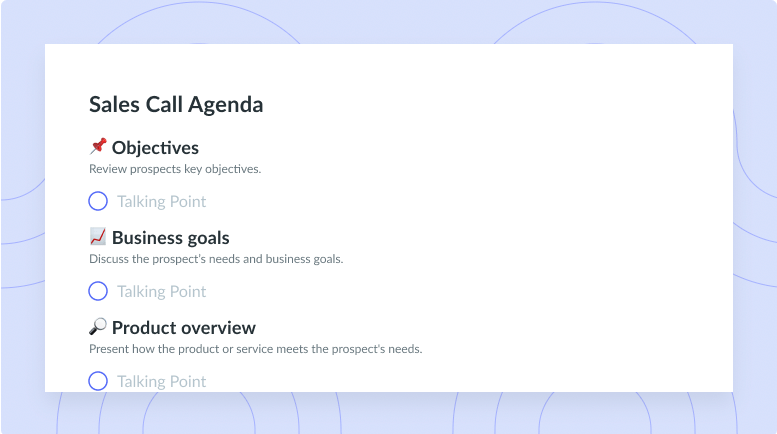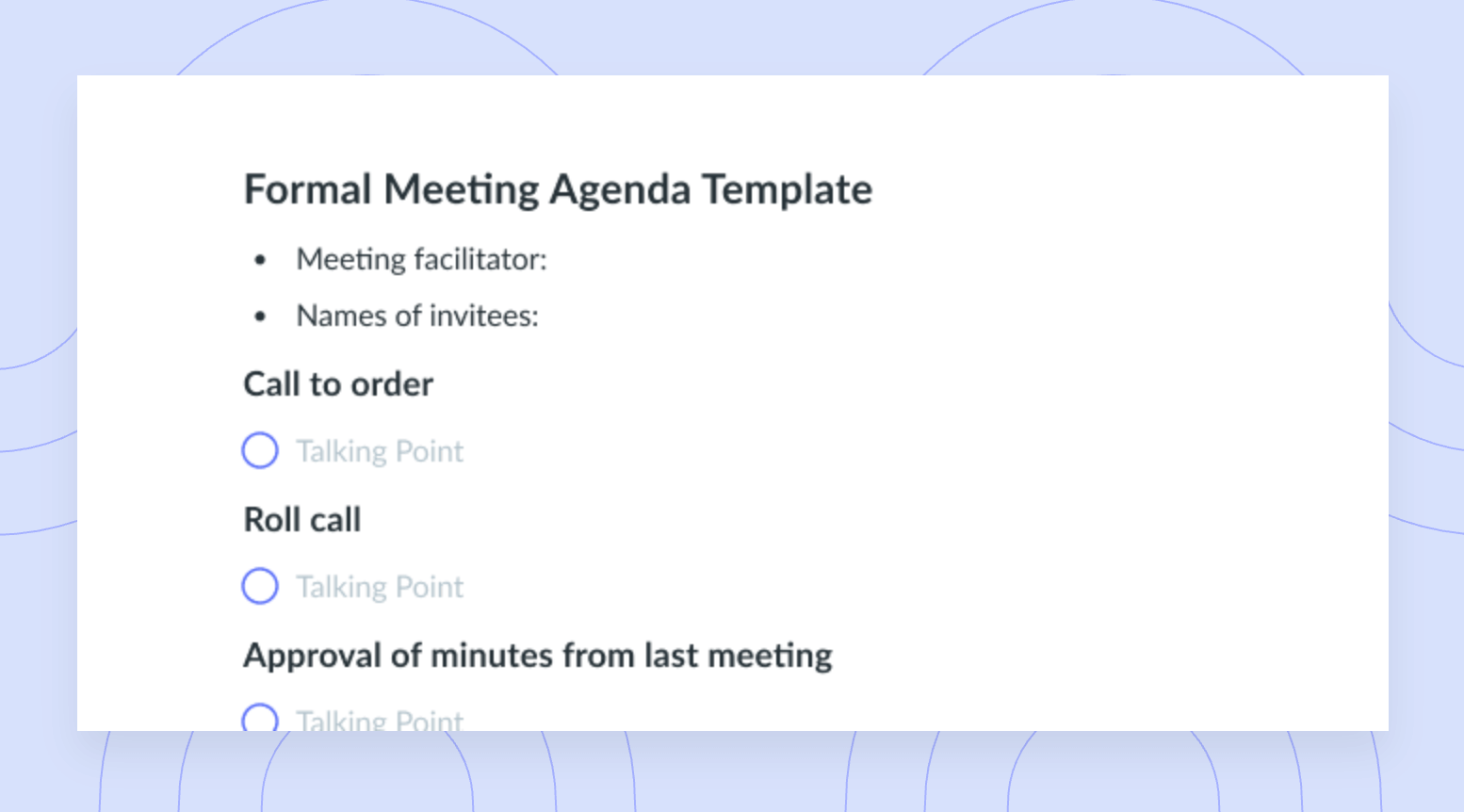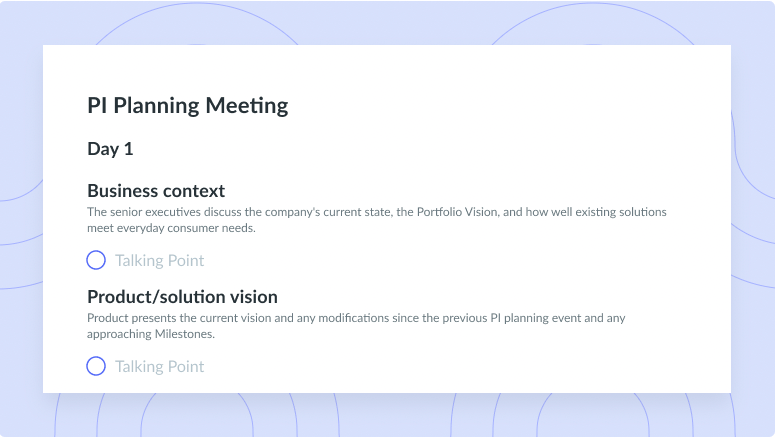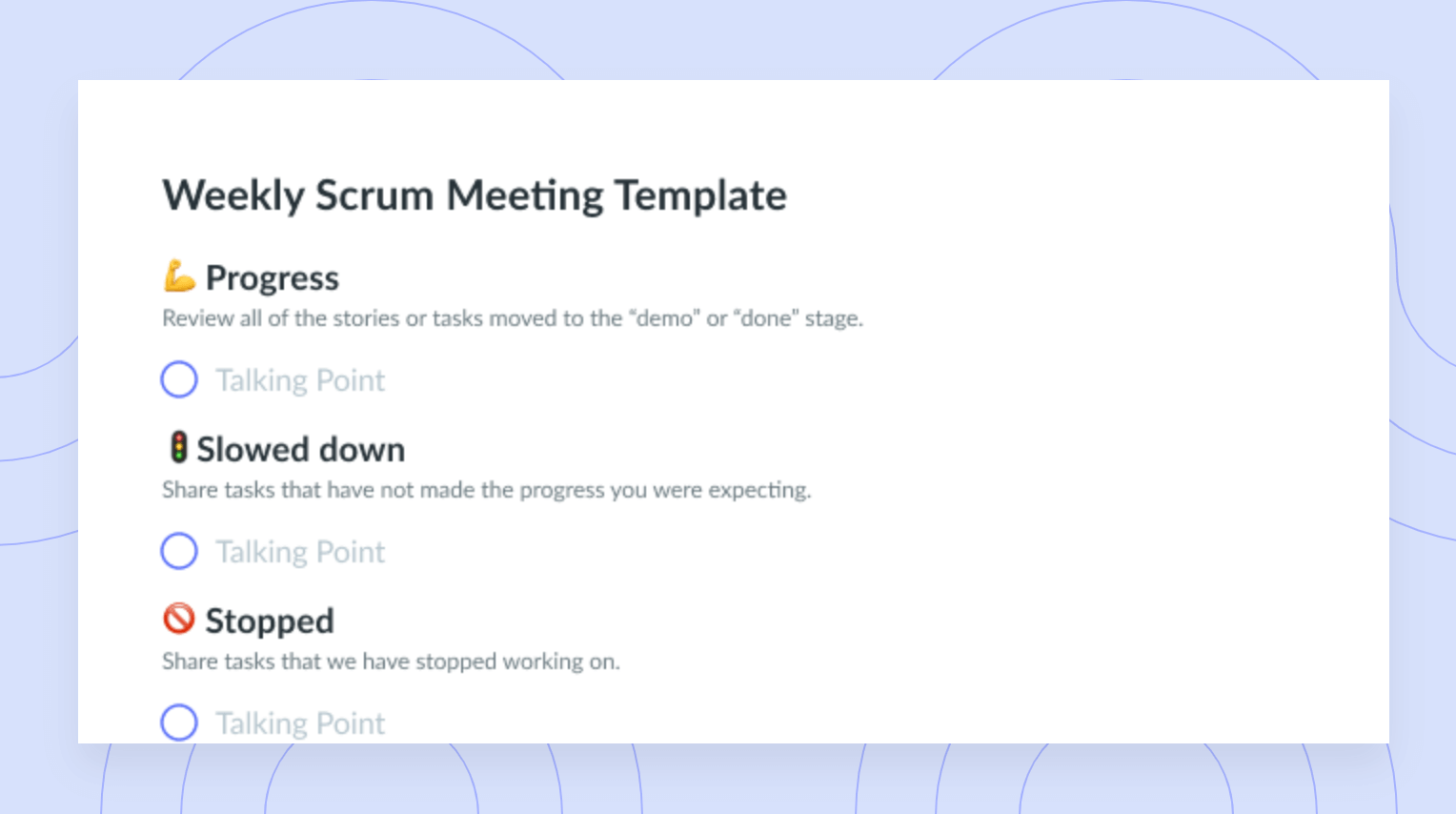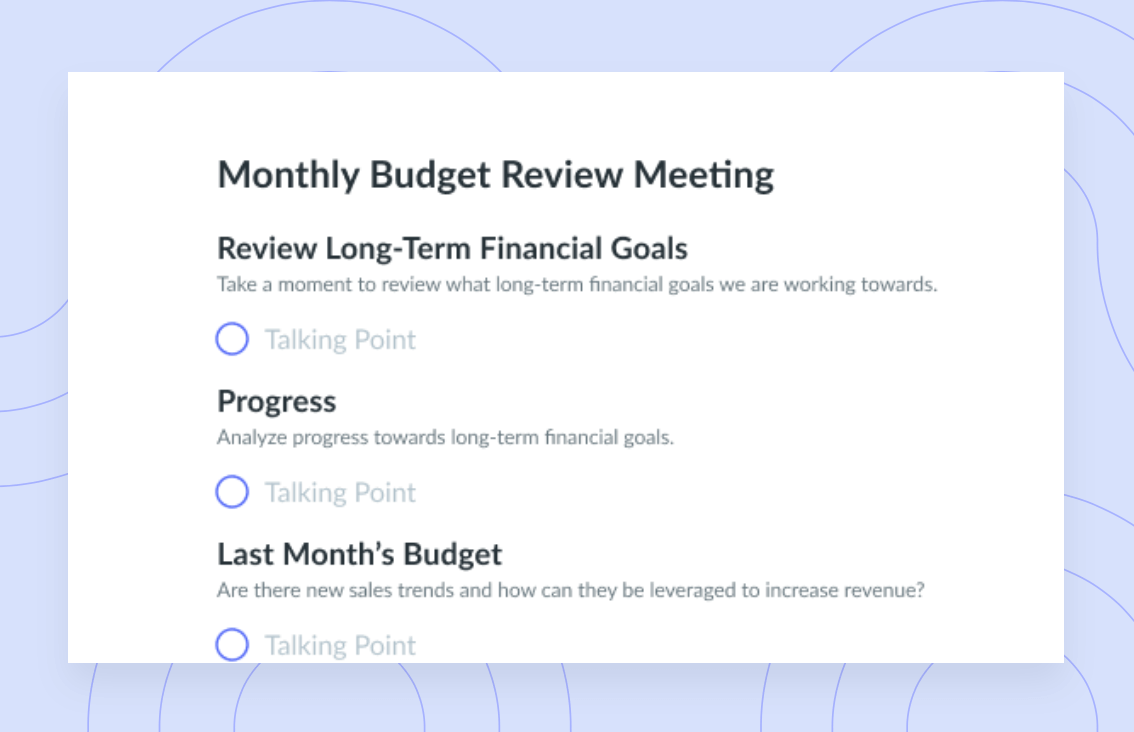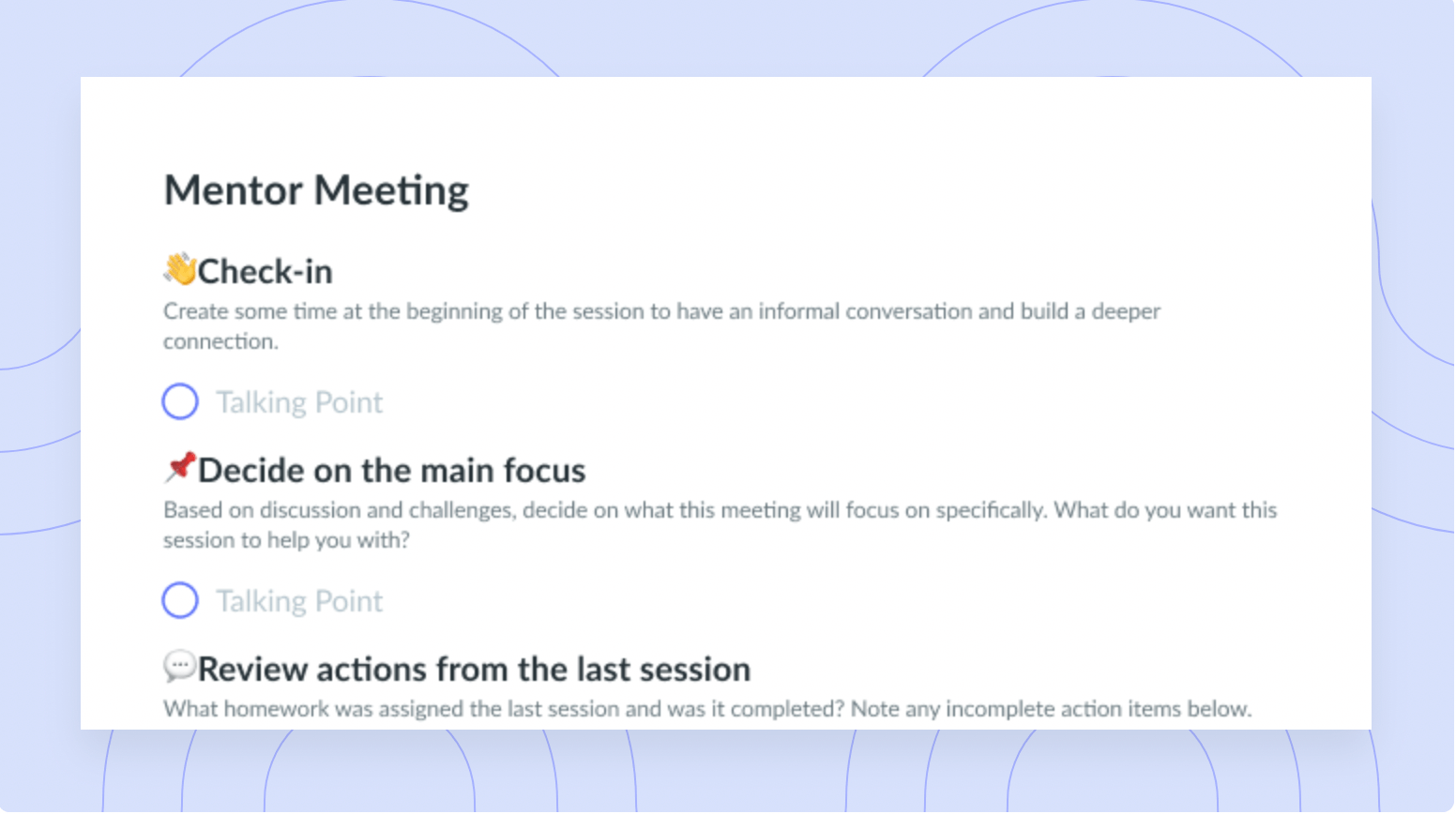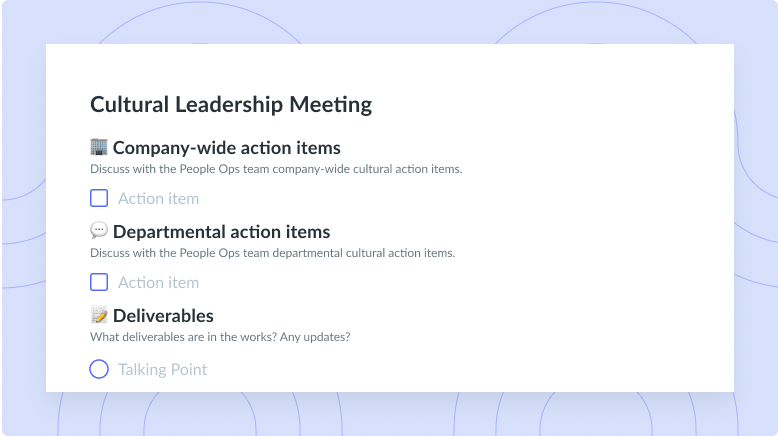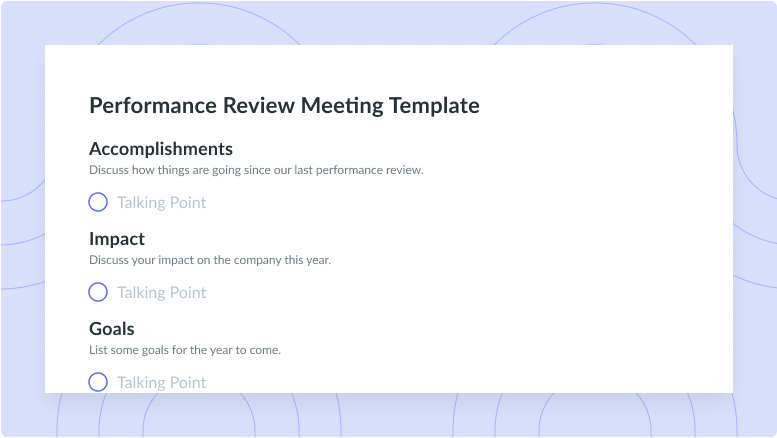
Creating a Business Budget Template
Get this templateUse this template to create a business budget to forecast the year’s income and expenses in order to plan ahead.


What is a Business Budget?
Regardless of how long you’ve been in business, you require a business budget. Creating a business budget is easier now than it has ever been, thanks to online tools and templates. While the term “business budget” is rather straightforward, it likely encompasses more than you might think.
Business budgets aren’t meant for tracking spending only. Instead, a properly executed budget should help estimate future spending, identify the capital currently available, and predict revenue. A business budget template is essential for mapping out your business budget correctly, thereby creating a financial plan based on your company’s revenue and expenses over a certain time period.
If you fail to come up with a spending plan that makes sense for your income and expenses, it’s difficult to succeed in business or pay yourself and your employees. When it comes to business, budgets are everything, other than marketing, of course!
Perhaps the time has come for you to officially draw up a business budget, whether it be for you or a client. Having a template in front of you will make your life (and the process) so much easier, providing plenty of ideas, direction, and inspiration regarding where you want to take your budget and what moves are best for your business.
“Good businesses generate missions to drive their profits. Great businesses generate profits to drive their missions.” – Tony Hsieh
Why is a Business Budget Important?
A business budget is one of the smartest moves you can make for the health and longevity of your company. Business budgets that are detailed and realistic will help guide your company toward success. When you create a budget for your business, you’ll give yourself the essential information you need for operating within your means while preparing for the inevitable unexpected challenges that are bound to pop up.
A company budget template can help you lay the foundation for your business’ finances. Without it, you’re essentially feeling in the dark, spending money where you might not need to and hoping things turn out alright. This is no way to run a business, and the steps necessary to put a budget in place are relatively simple, but it does take time to collect the information necessary for review.
Using a template is useful in the way that it not only advises you of what you should be focusing on budget-wise, but what you’ll need for budget preparation. Following a template will help you organize your thoughts and documents as you put one of the most important aspects, if not the most important, of your business into action.
What’s inside this Business Budget Template:
1 Estimated Revenue
It’s impossible to build your budget without a firm grasp of your estimated revenue. In this section, you’ll want to pull together the amount of revenue estimated to be received from all possible sources during the budget year. A good budget isn’t born overnight, and this may take you some time, but it will be well worth the effort in the end.
“Profit is what happens when you do everything else right.” Yvon Chouinard
2 Fixed Costs
Your fixed costs are a constant in your business. Few things are guaranteed in life, but your fixed costs are not one of those things. For example, the rent or mortgage payments you make for your business location are constant. They don’t change. The cost might rise or fall if you switch buildings or move, but that cost will always be present. If you run an online business, the same can be said of your website subscription, whether you run it yearly or monthly.
3 Variable Costs
Your variable costs are, you guessed it, varying. Variable costs tend to rise as production increases and fall as production decreases. They rely heavily on the concept of supply and demand, and in order to create a successful budget, you’ve got to know your variable costs inside and out. You’ll find that the better you get to know your variable costs, the better predictions you’ll be making within your business budget.
4 One-off Costs
One-off costs are expenses that are paid once and not repeated. In general, they are costs that fall outside the scope of your companies’ usual activities. A few examples of one-off costs could be relocation or even a periodic sale of an asset, such as a building, office space, or production equipment you’re no longer using.
5 Profit
Your business profit is the amount of income you see when revenue exceeds expenses and taxes involved in sustaining your business. To realize your profit, you should list all the ways in which your company generates revenue. You could also take it a step further, listing the ways you would like your company to generate revenue in the future. Don’t include this in your current budget, but do use it as information for possible projections.
6 Budget
The budget section of your business budget template will hash out the findings from the compartments you’ve already completed. By the time you get to this piece of the puzzle, you should have gone through every document that pertains to your budget, and the results will be your well-calculated projections for the budget year.











